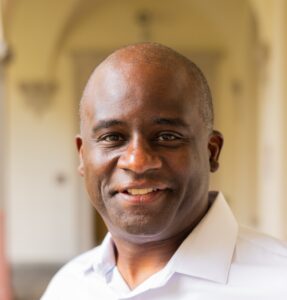
In this monthly column, Defense Daily highlights individuals from across the government, industry and academia whose efforts contribute daily to national defense, from the program managers to the human resource leaders, to the engineers and logistics officers. Brian Hill, Colonel, USAF (Retired), is the Director of Business Development for the U.S. Indo-Pacific Command Portfolio, Enterprise Command and Control Line of Business, at Research Innovations, Inc. (RII). Hill assumed this position in 2024 and leads RII’s efforts developing strategic partnerships and…












